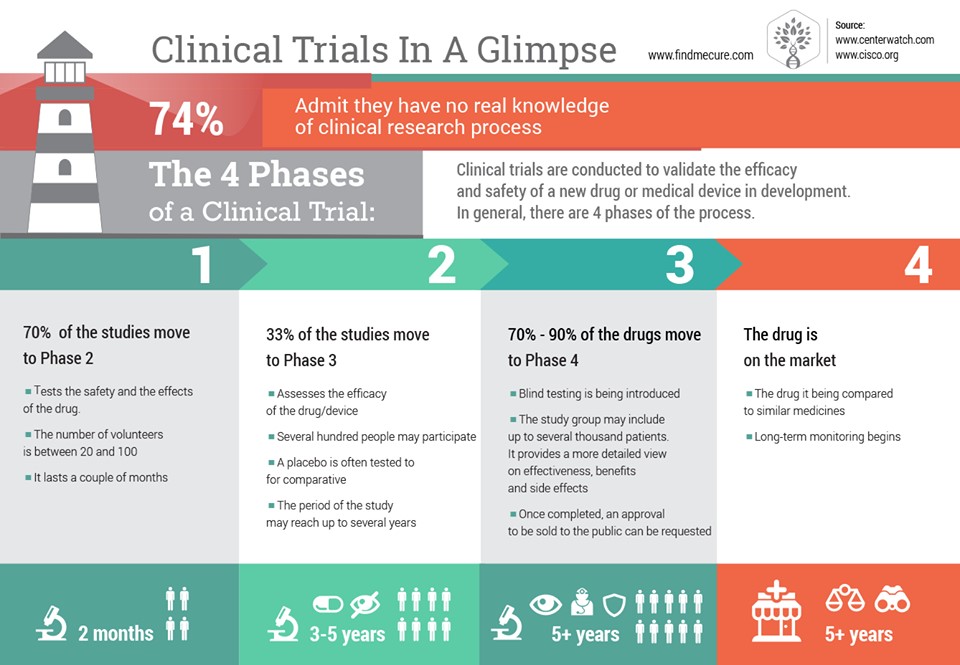We use cookies to improve your experience. By accepting you agree to our cookie policy

Have you thought how far science has made it, in terms of advancing treatments for various conditions? There are many examples proving that. One of them goes back to 1199 when King Richard the Lionheart was struck by an arrow in his left shoulder. Today, we’d say he incurred a minor injury.
But in 1199, in the absence of antibiotics and effective sterilization methods, his minor wound turned infected and gangrene set in. The only way to stop the spread of gangrene in 12th century Europe was to cut off the infected limb. However, the infection spread through Lionheart’s body and no one could help him. He died in great agony two weeks later.
Even much later in the 19th century, the best doctors still did not know how to prevent infection. Many procedures were done without any anaesthetics. There were countless daily aches and ailments and inescapable deaths that modern medicine avoids through introducing innovative pills, injections and sophisticated operations.
Nowadays, we have already achieved things that were inconceivable a few centuries ago. We all remember the recent end of AIDS and how researchers turned the HIV infection into a chronic condition that no longer threatens one’s life.
In fact, all available treatments we know know, are due to insights gathered through clinical trials. Clinical trials (also called clinical studies) are an integral part of the drug development process – without them, modern therapies would never reach the ones in need. They are a regulated way for patients to have an innovative treatment years before it is in the pharmacies or hospitals. Having been tested on animals, then healthy volunteers and then patients with a certain condition, a compound is then potentially turned into a promising medication that could change or even save one’s life.
Researchers introduce the new future treatment to human patients but before that there were years of research in the laboratory on animals, human cells. Nowadays even more research is done on artificial human organs, replicating our organism in one way or another.
This means that by the time the clinical trial starts, the researchers have pretty good understanding of how the new compound or medical device is working. They are comfortable to try and apply it to patients in order to prove this is working and is better than the already available treatments.
The clinical trial process is divided into four (4) phases:

Throughout the future treatments study, information is collected to answer specific research questions on the safety, efficacy, side effects. This is all to see how well the drug works compared to current standard treatments, etc.
Trials can help researchers gain a better understanding of how a disease affects not only the human body. But also people’s lives and helps patients better understand their condition. All with the aim to deliver cures to rare, chronic and life-threatening diseases like Complex Regional Pain Syndrome (CRPS).
One of the biggest challenges for patients is timing. For a new treatment to be discovered, evaluated and then approved to be on the market. This takes on average 13 years. Not everyone can wait that long, right? This is why clinical trials give a chance of these patients to benefit from the medical innovation much earlier, while it is being developed.
It is sad, however, that only 15% of the population are aware of clinical trials being a treatment option for them. At the same time, what is really impressive, over 90% of the people who have already take part in such studies rank their experience highly and would recommend it to a friend.
There are many reasons why people decide to join clinical trials:
If participating in a clinical trial is such a viable option by a clear majority of patients, why don’t we see more of them taking advantage of the opportunity? According to HealthUnlocked, the largest social network focusing on healthcare in the UK, over 70% of eligible patients were not given access to information about clinical trials. In addition, over 93% of those deemed ineligible to take part in a trial were not given other trial options.
Knowing how to access future treatments now is important not only for you but for thousands and millions of people with your condition.
Daniela Shikova – FindMeCure Foundation
We at FindMeCure Foundation believe this should change. People should have the opportunity to learn about medical innovations going on around them and be able to take part in research studies. The foundation has been actively working to empower patients looking for a more innovative therapy and guide them through the application process.
Together with our partners at Burning Nights CRPS Support we’ve joined forces to bring patients living with CRPS a searchable database of all clinical trials happening worldwide so they can search, understand and join a suitable on within a few clicks. All you should do is enter your age and gender in the widget/online form on the Burning Nights CRPS Support website and see all results in your preferred location.
You have the chance to read all the important information in a simple language and get connected to the medical team running the trial of interest within a few days. The unique algorithm of FindMeCure platform allows assessing trials on their safety and credibility and suggests trials relevant to patients’ needs and personal preferences.
We hope that there will be a cure for debilitating conditions such as the Complex Regional Pain Syndrome. There are currently 24 clinical trials worldwide right now and they are all dedicated to understanding better this condition and finding a promising treatment for all the people out there living in pain. Thomas Jarvis is one of those patients who believe in the medical breakthroughs that medicine is exploring:
“It is difficult to cope with pain 24/7 but the love and support of my family has given me HOPE…that is what keeps me going with a pain level of over 10 every hour of the day. HOPE. I have suffered with CRPS for over seven (7) years and I want to enter a clinical trial. I hope this clinical trial will be the answer to my hope and prayers” ~ Thomas Jarvis
Believe it or not, this innovation cannot happen without patients willing to take part in the process. The value of clinical trials participation is that you can help millions of people while helping yourself and we should all make our own contribution to the power of science so there will be incurable diseases in the very near future.
Knowing how to access future treatments now is important not only for you but for thousands and millions of people with your condition.
If you have any questions or need support, do not hesitate do reach me out at daniela@findmecure.com.
We are here to give you a helping hand!
Written by Daniela Shikova, FindMeCure Foundation
We have a number of Complex Regional Pain Syndrome and Chronic Pain blogs to help you live with your chronic condition. Here are just some of them:
Written: 06/05/2018
Last Updated: 31/08/2019
We use cookies to improve your experience. By accepting you agree to our cookie policy
 £
£